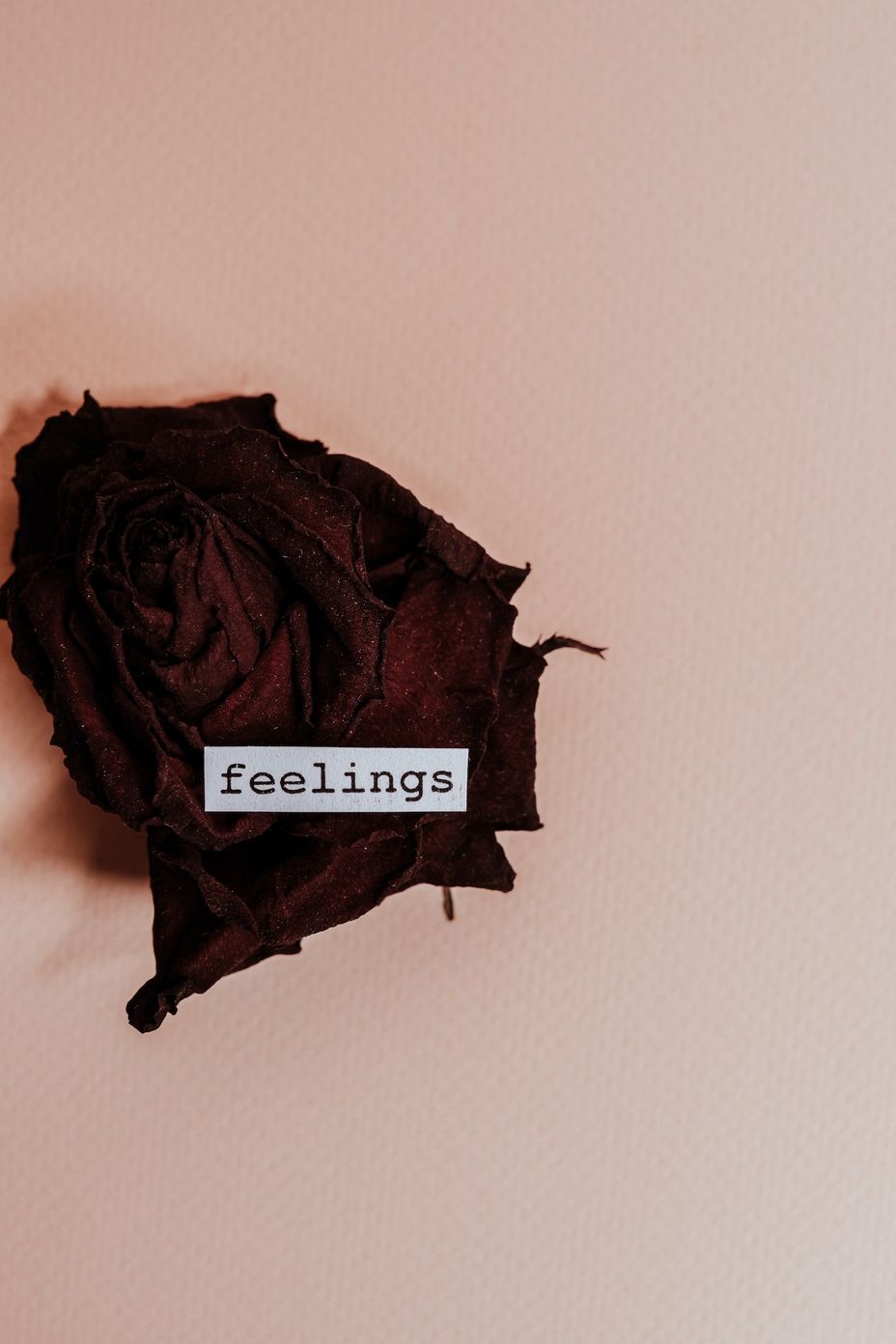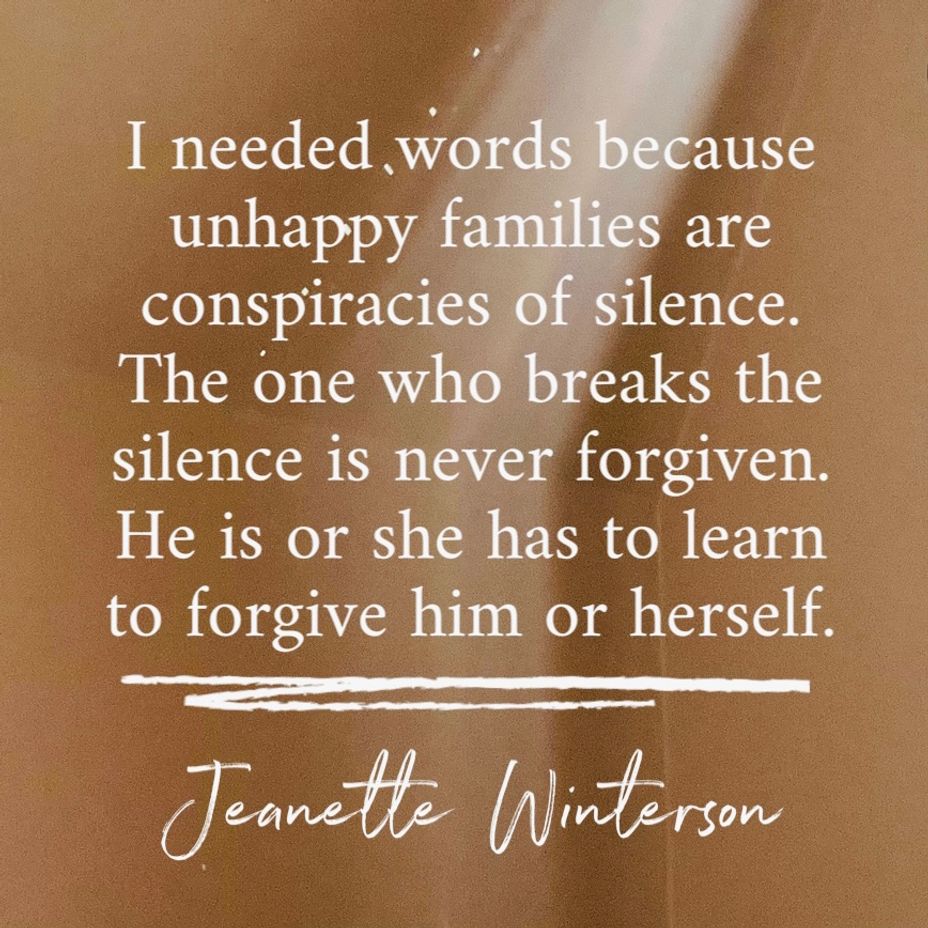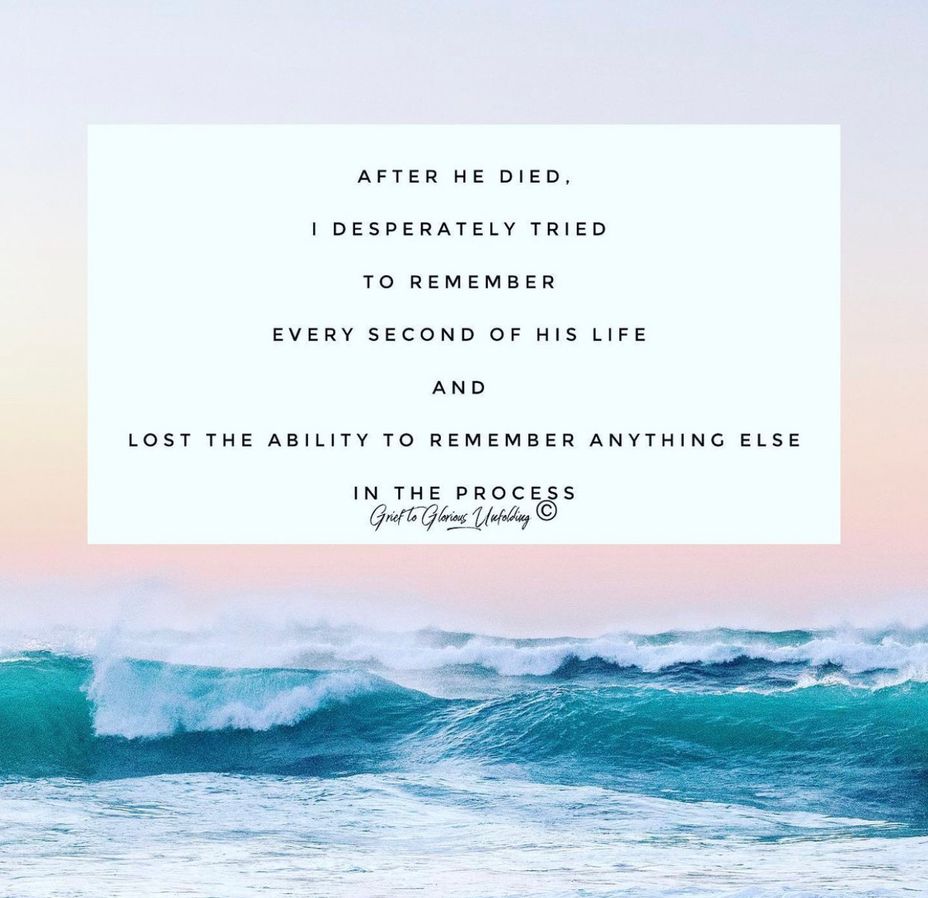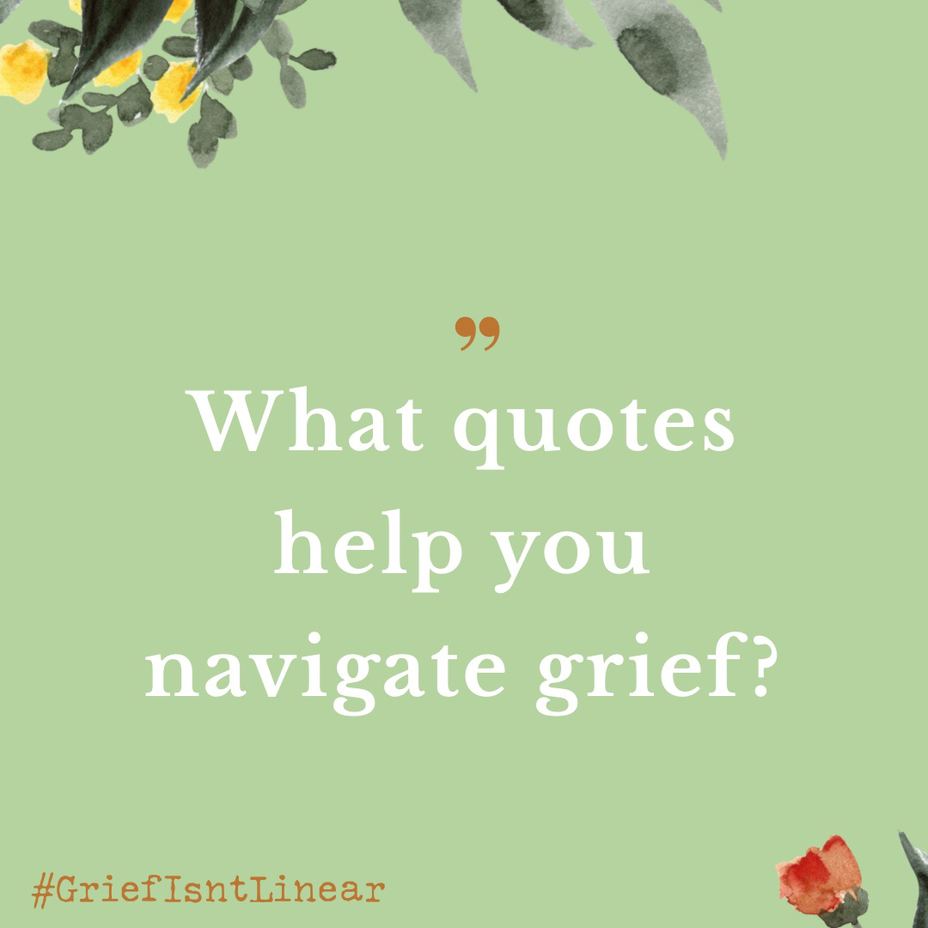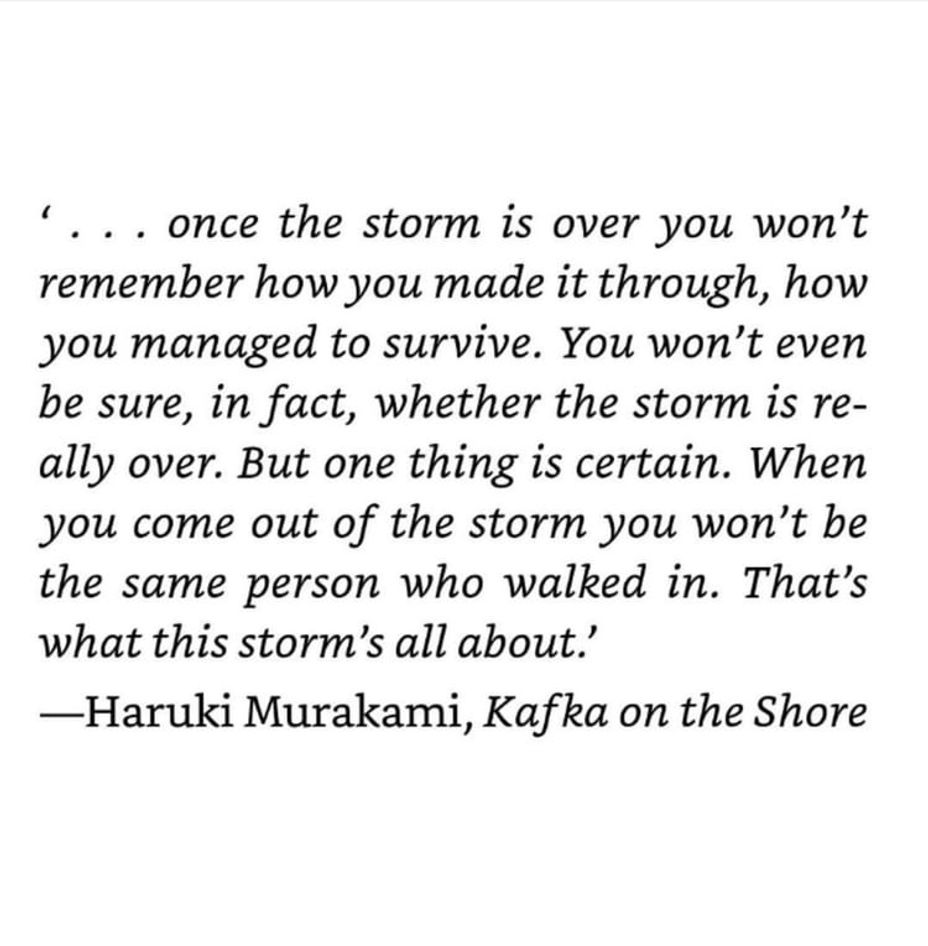On Grief and Bulls in China Shops
I’m reading Joan Didion’s ‘The Year of Magical Thinking’. I have always found comfort, and a home in books. Where some parents elect to use the television as a nanny; mine was reading books. I’m grateful for the understanding and wisdom I learned through the accumulation of stories from my fellow outcasts. This knowledge however, in time became a bridge between myself and my family. For at some point I journeyed too far beyond their comfort zones, their norms, and their unhealthy coping mechanisms.
The bridge will always be there for them, but I don’t think they’ll ever be in a position to cross the distance between us, so fixed they are in their fear. I still have love for them, but it is also mixed with sorrow; that their faith in themselves and others is so limited; they are in effect hiding from life and the kind of enrichment that can only be achieved through being vulnerable with others, and find that—flaws and all—you can still find unconditional love and acceptance, for none of us here are perfect.
The strange thing I’ve come learn about interpersonal boundaries is that they are isolating no matter what. For the person who is forced over time and error, to learn how to create healthy boundaries and then put them firmly in place, and equally the person who lives in a world without boundaries. For they embody the relationship version of a bull in a China Shop; they only know how to break things—despite the very thing they long for most being wholeness.
My father passed away several years ago, and more recently since the cutting of ties between my mother and myself, I have felt what Didion refers to as “the loneliness of the abandoned child of whatever age.”
A friend writes to Didion about the death of a parent after the passing of her mother “despite our preparation, indeed, despite our age, (death) dislodges things deep in us, sets off reactions that surprise us and they may cut free memories and feelings that we had thought gone to ground long ago. We might, in that indeterminate period they call mourning, be in a submarine, silent on the ocean’s bed, aware of the depth charges, now near and now far, buffeting us with recollections.”
Reflecting further on loss, Didion writes that “Grief is different. Grief has no distance. Grief comes in waves, paroxysms, sudden apprehensions that weaken the knees and blind the eyes and obliterate the dailiness of life.”
For myself, I mourn the loss of my mother while she is still alive, and in the worsening of my poor health, it has dislodged so much within that I feel numerous waves of grief. For the good that was in my mother, for all the times she abandoned me, and for all that might have been. I grieve the understanding that my own mother’s mother abandoned her numerous times too, and my mother—whether she tried to or not—failed to break this cycle that leaves nothing but destruction in it’s wake, as it creates multigenerational bulls in China Shops. Capable of breaking much, and healing nothing.
#ComplicatedGrief #Grief #GriefQuotes #StagesOfGrief #ChildhoodEmotionalAbuse #Childhoodtrauma #NarcissisticPersonalityDisorder #Relationships #MightyBookClub
